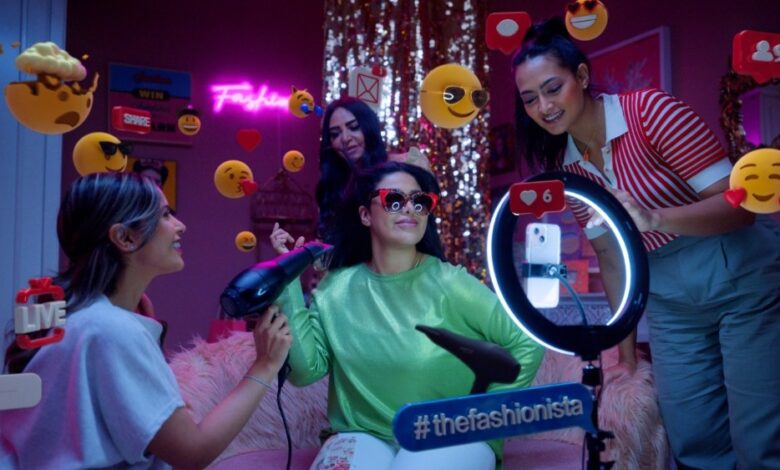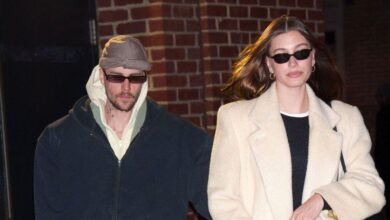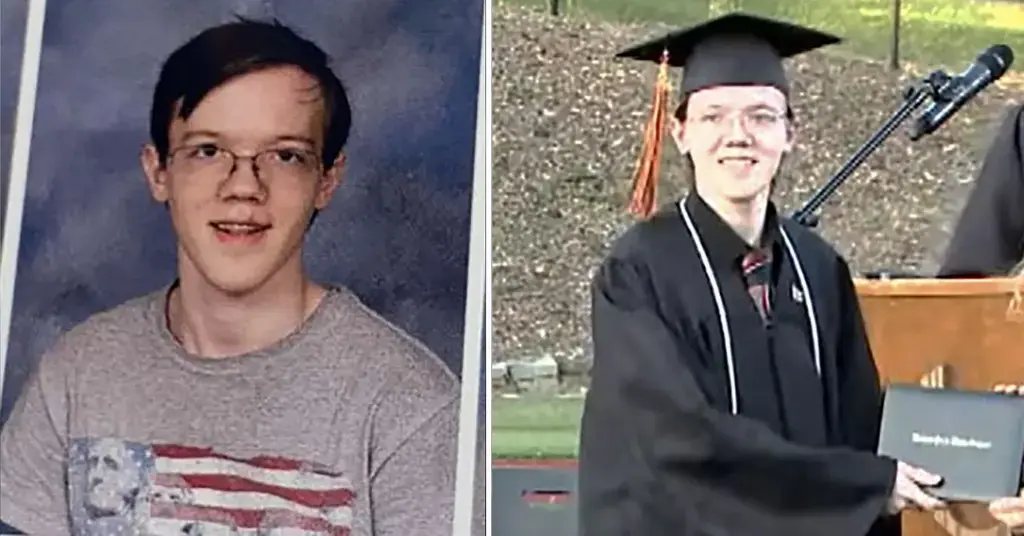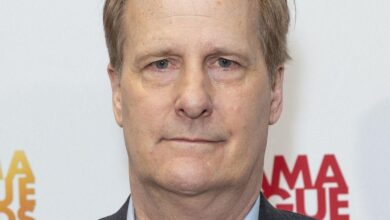‘The Fashionista’ creator on OSN+ Original about Arab influencers

Middle Eastern streamer OSN+ has just released its first original series, titled ‘The Fashionista’, which aims to capture the flavor of social media stardom in a region where ‘in the past we haven’t really seen our Brad and Angelinas,” says its creator Yousef Al-Qenaie.
Shot entirely in Kuwait and featuring a largely Kuwaiti cast, “The Fashionista” – which premiered across the region on January 9 – follows Maryam, played by Kuwaiti actress Lulwa Almulla, an aspiring self-help influencer who is obsessed with touched by fame. The six-episode show delves into the influencer phenomenon pervading Kuwait and the Gulf region.
It’s packed with digital drama and cutthroat rivalry, but also the “human side” of the protagonists’ pursuit of fame, as Al-Qenaie puts it. Below he speaks with Variety about tapping into the rapidly changing galaxy of the Arab world while gently pushing boundaries.
What attracted you to this project?
This is actually my first introduction to TV. Before that, I was a talent manager for social media influencers and YouTubers, so there’s a bit of a connection there. I grew up in a very traditional Kuwaiti family – business and real estate was always the expectation – so I studied finance and economics. But eventually, after graduating, I ended up leaning towards media and film.
How did ‘The Fashionista’ come about?
It started with a conversation I had with Sheikha Al-Zain Sabah [who is now Kuwait’s ambassador the the U.S.]whom I consider my mentor. She was the CEO of NCIG Studios at the time. During the early days of COVID, in June 2020, we had a discussion about creating a show that we could potentially film from the actors’ laptops.
Tell me more about that conversation.
I remember telling her that it would be so great if we could find a way to document the rise of the social media influencers that I haven’t worked with. I worked with people making YouTube videos, and there was definitely more structure and a story format that made sense. But I wanted to discover the ones that would just go online, talk about a product, and have millions and millions of followers.
So “The Fashionista” is not really about the fashion world. It’s more about social influencers, right?
Yes. Globally, the term refers to a fashion trendsetter. But when you use it in Gulf, it specifically means social media influencer, which is fascinating when you think about it. Here in this part of the world, after the rise of social media stars, we don’t call them influencers, we call them fashionistas. And I wanted to call the series that so we can make that point.
How does the show reflect the rise of a new star system in the Arab world?
I think that before these fashionistas, celebrities were not so widespread in the region. The world of film and TV is slowly becoming more global, and that’s why we’re starting to get more and more of it [celebrity]. But in the past, we didn’t really have our Brad and Angelinas and people who we could look at on a daily basis and be interested in their lives, just because it’s human nature to want to discuss certain people who are. in the public eye. And these influencers gave us that. I would say that from 2011 or 2012 onwards, for the first time, we have our own celebrities whose names we have heard.
So the show features real influencers from the region?
Yes, we all had the idea that it would be great and very meta if we could get influencers or fashionistas themselves in this series. And I think that was part of my writing process too. And so I think that struck a chord with them when we finally reached out, because we have a few actors on our show who are fashionistas but came into the acting world late. That one [in the show] who are known as social media influencers from our region are Bibi Alabdulmohsen, Ascia and Mohammed Mirza. These are people who have certainly gained their fame through social media.
Kuwait is known as a country where Hollywood films are heavily censored. Does this show break taboos?
I don’t really want to give too much away because some of it is in the reveal, but there are definitely some important things on an individual level for these characters that we’re talking about. We didn’t shy away from something when it was important, but we spoke about it with the respect our community deserves when it comes to bringing up a topic. Sometimes, unfortunately, if you have a [taboo] topic in a more conservative society, people tend to make it a little too controversial, and you end up losing out overall because you’re not really letting people hear your message. That is definitely something we don’t want to do. We want people to come away from the show having maybe learned a thing or two about something that we’re trying to say, and have an open discussion about certain things.
And I think what’s been great for us about working with a platform like OSN+ – the platform that’s home to HBO in the region – is that we have the opportunity to talk about important topics. We are able to do it in a way that is entertaining, but also has meaning. So I think it was nice to work with people who understood what we were trying to do. And I think the way we consume content in the region will become more meaningful over time and convey the messages we hold close to our hearts [even] more.
This interview has been edited and condensed for clarity.




